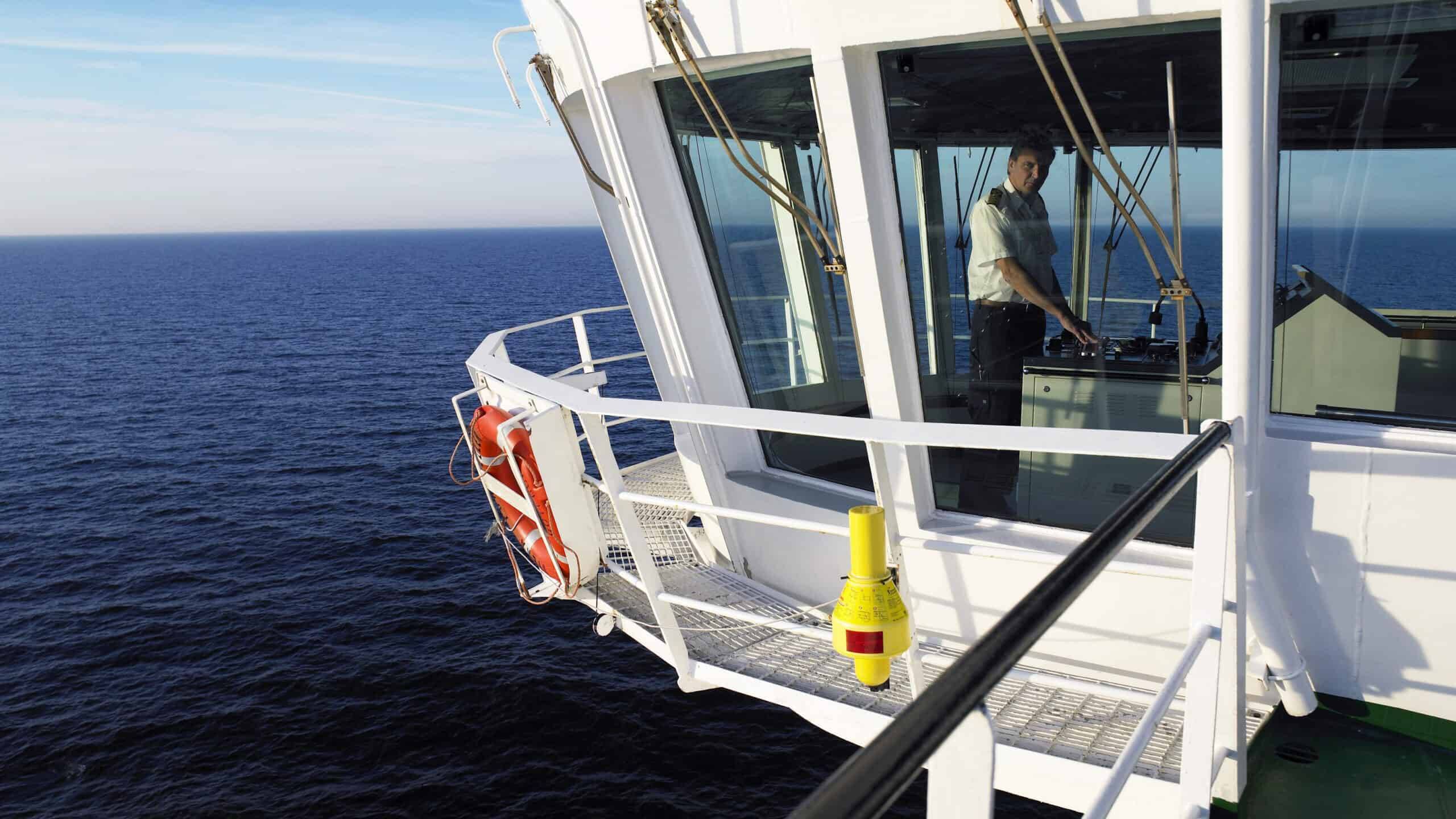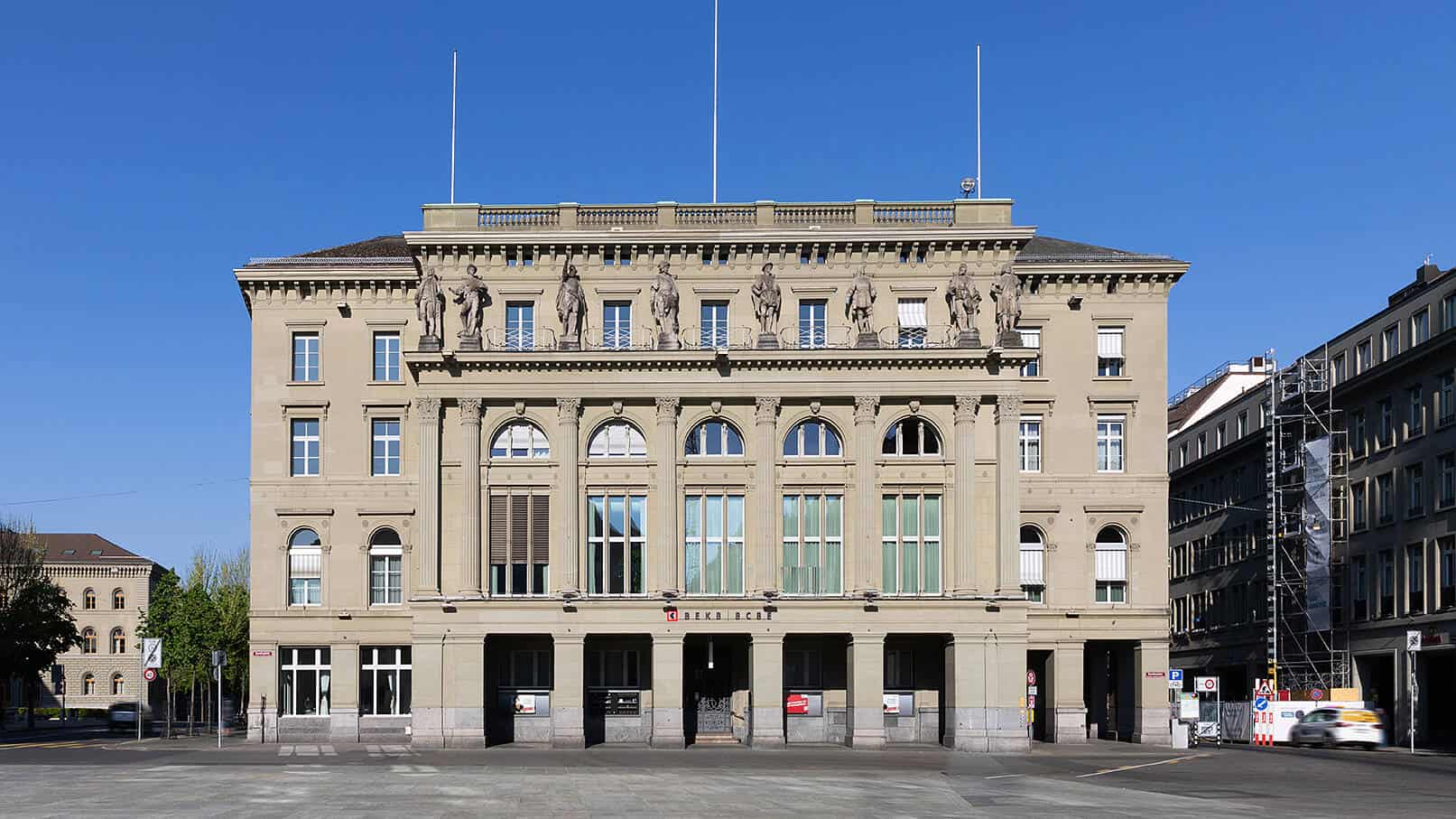In our second article from our “Portfolio Success” series, Alexandra Ragalie talks to Seervision‘s co-founder Nikos Kariotoglou. Nikos explains how the idea of the company was born, what is of importance to him when making decisions and how Seervision helps companies such as Google’s DeepMind to make high-quality visual storytelling effortless.
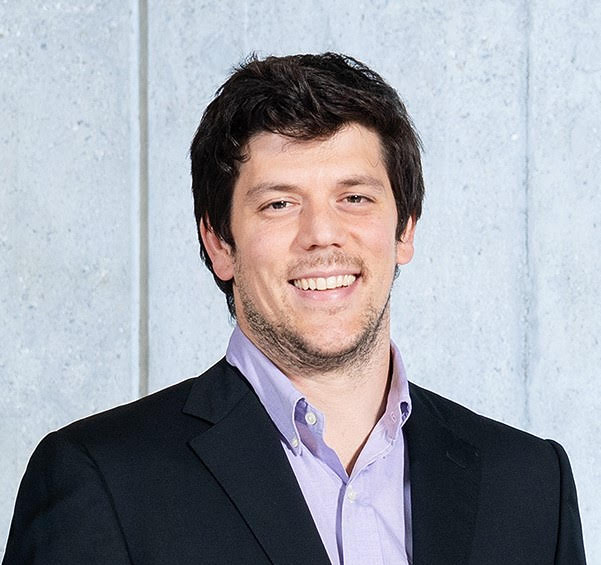
CEO and Co-Founder, Seervision
Nikos co-founded the ETH spin-off Seervision together with Reto Hofmann and Conrad von Grebel. Seervision fully automates multi-camera video production. Nikos has a Ph.D. in Control Engineering from ETH Zurich.
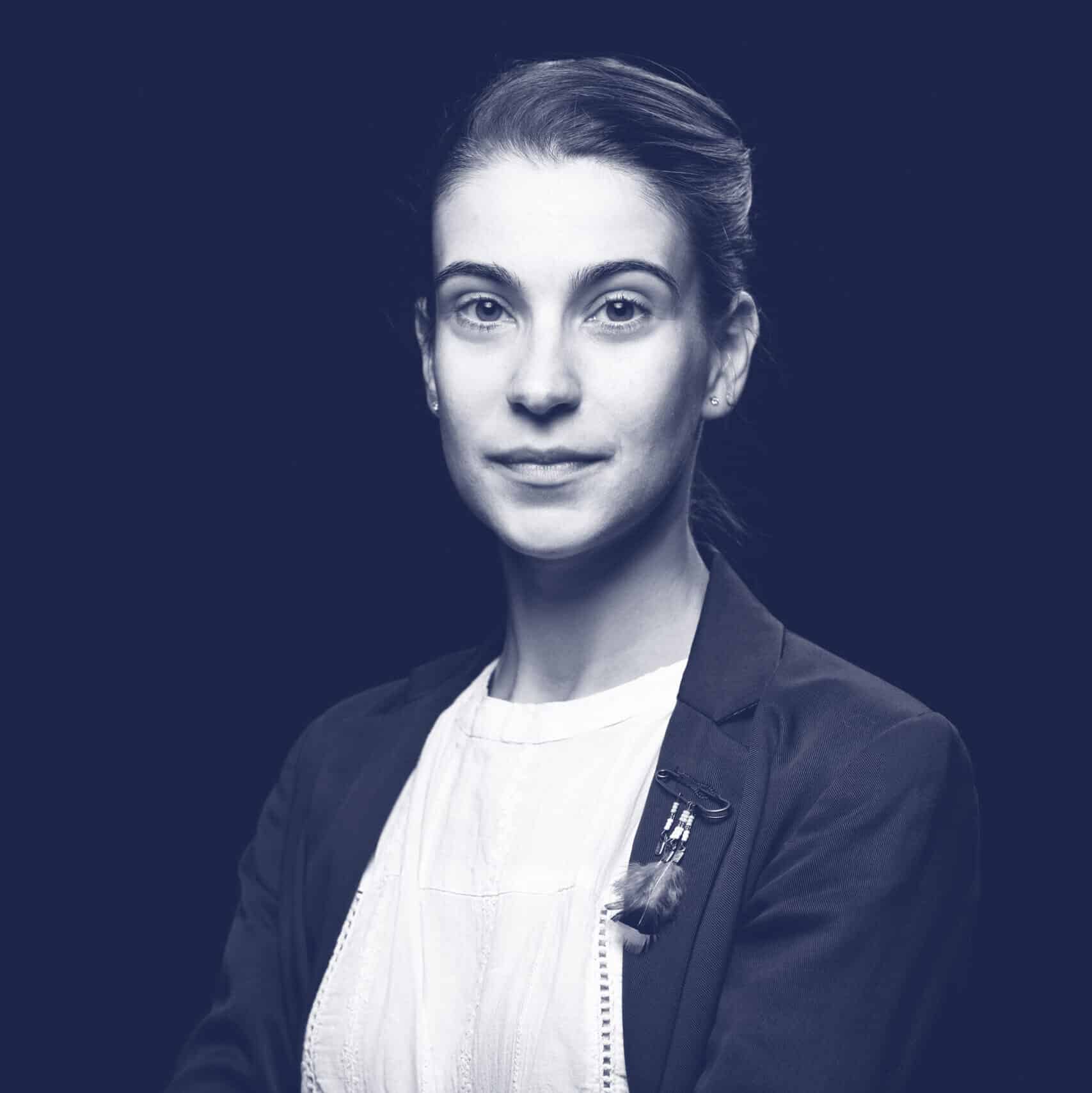
Portfolio Success, Verve Ventures
Alexandra Ragalie is Verve Venture’s Portfolio Success Lead. She is in constant contact with entrepreneurs like Nikos and helps them with a variety of topics, including access to our internal resource pool and enabling connections to our expert network.
How was the idea for Seervision born?
The idea of making computer-controlled cameras intelligent came during a lecture. ETH had implemented a camera system that was tracking the motion of the lecturer, but the system was slow, the framing was delayed and the resulting footage just looked crappy. During a lecture, Professor John Lygeros said to us: “Aren’t you working with cameras as well, I’m sure you could do a better job than this.” He meant it as a joke, but we took it to heart and built a prototype.
You make that sound very easy. I bet the foundation on which this system is built is a bit more complicated than that.
The research work that Professor Lygeros was referring to is based on stochastic mathematics and control theory, which underlie and govern automated systems. There is a large field of applications, also in finance, cameras are just one of them. I was pursuing my Ph.D. at the time within the Automatic Control Laboratory of ETH Zurich; Professor Lygeros was my mentor, and I was working closely with a colleague, Sean Summers on new applications for our stochastic models. In particular, we were exploring the use of these models for steering surveillance cameras and that’s why Professor Lygeros made that joke. So we took a couple of video cameras, developed the mathematical models and also programmed the software for the prototype. I come from a family of software engineers, my father built one of the most successful software companies in Greece, and I believe this always drove my interest to apply the outcomes of our research. Later, when we founded Seervision later based on this initial idea, Venture Kick helped us a lot. Initially, we were focusing on GoPro cameras; I’m fond of skiing but without image stabilization, which didn’t exist at the time, you just got hours of useless footage. Our idea was to stabilize a GoPro while at the same time adding tracking and optimal framing for the objects in your field of view – like a cameraman on your helmet. Later we pivoted to cameras for high-quality video production, which is now the core of what Seervision does.
“Every form of virtual meeting and collaboration has video as the main element.”
Seervision replaces cameramen with software. Who are your clients?
At first, we focused on video production companies because our system allows them to increase their profit margins. But recently, and especially since last year, larger companies started to invest a lot into their own video production, and that’s the customer segment we focus on now. Everyone has realized that video is the number one marketing tool today. Now, if companies want to do dozens or hundreds of video productions each year, across different locations, Seervision helps them to make these productions much more efficient.
Can you give us concrete examples of Seervision’s customers?
Sure. The production company Satis&fy uses our system across different production sets and studios in Germany. Satis&fy does all kinds of corporate broadcasting, live-streaming and hybrid events. On the corporate side, we won Google DeepMind as a client, and what they do is clearly the future of work. They do not only record internal communication, the intelligent use of video allows their employees to work together as if they were in the same room. But it’s not just high-tech companies. One of our clients in Texas, Waste Management, equipped their internal studio so they can shoot compelling training videos and for the management to address their stakeholders.
That might be the future of work, but the present is still endless Zoom meetings for the desk-bound working class.
For certain formats, that is good enough. But even in standard videoconferencing, it is possible to set the bar a bit higher. Witness what the former CEO of Evernote is doing with the weirdly named virtual camera tool “mmhmm”. The app transforms a simple presentation into a virtual stage. The goal is to make a presentation more personal and fun and help the presenter tell a compelling story. Now think about this goal from the viewpoint of a company. Every form of virtual meeting and collaboration has video as the main element, no matter if it’s a research talk, a Q&A session, a shareholder meeting. If you want to bring the presenter on stage and the audience together in a professional way, you need a video production setup. And once you’ve experienced the difference this makes, you won’t go back. And you raise the expectations of people about what a professional event looks like. Quality is contagious.
How do you sell Seervision technology to your corporate clients?
When a company wants to build a video studio, they basically have two options. Either they have someone on the team who knows about these things and do it by themselves, or they go to a specialized company that will choose the equipment based on their needs and put it together. We have established a partnership program with such integrators and also the distributors of video equipment. For example, we recently signed a partnership with ASK Corp in Japan, where companies are incredibly keen on automation. Such partnerships are incredibly powerful and more effective than direct sales. This is because Seervision becomes part of the planning, at the beginning of a project, and is hence an essential piece of the infrastructure We still do retrofit existing studios with our technology, we’re doing it in a deal we are working on for Slack, for example.
Some time ago, you had high hopes for sports productions. What happened to this customer segment?
I love sports and we do still work in tennis. But we came to realize that high-profile sports productions like the Superbowl, the Champions League or the NBA are a very special market that would be too risky for us to focus on. The production budgets are a tiny fraction of the commercial value of these events, so the pressure to optimize is small; innovation projects there are about the wow effect (think of the cable cameras for example) and less about automation. This is interesting for lower leagues where budgets are tiny and automation expectations unrealistic (“can you automate everything, making it look awesome and I pay you nothing?”). On top of that, there are often very few decision-makers that will make or break your business case if you focus on them. FIFA, for example, doesn’t like licensing deals with startups; they prefer to buy the full rights to solutions after they are tailor-made for them. We decided not to pursue sports actively anymore because we want to have a broad customer base and don’t like to put all our eggs in just one basket.
“I’ve evolved from an engineer’s mindset to also carefully consider all business variables.”
With your technology, you’re probably on the radar of large tech companies for acquisition. How do you think about different exit routes for Seervision?
There are two main routes, a tech exit when you get acquired as a small company for just the technology you built, and a market exit when you have grown to a business with important revenues. The 3 founders of Seervision don’t want a quick tech exit, we want to build a great company with more than 10 million of annual recurring revenue. Personally, I’ve evolved from an engineer’s mindset to also carefully consider all business variables. Building something that is cool and innovative is definitely nice; what I have come to realize in the last few years is that productizing things and commercializing them successfully, especially in the deep-tech side of products, is a much more challenging topic. I strongly believe clever algorithms and solutions are not challenging to develop; building a business out of them is the real milestone.
What makes you believe that you can actually achieve such an ambitious goal?
The argument we have to make to sell our product is that good-quality visual storytelling can be made effortless. It gets easier to make because like I said, quality is contagious. We are already working with a couple of Fortune 500 companies and in discussions with several more. Eventually, we want to talk to all of them. As the standard of what employees, shareholders and other stakeholders expect in terms of quality rises, it should be possible to reach a high market share among big companies. But not only big ones, companies as small as 40 people have adopted our product. Hence, the opportunity that lies ahead of us is incredibly large.
You are a technical co-founder and said that you evolved towards a business person’s mindset. What are your biggest challenges as a CEO in leading the company?
The main roles as CEO of a startup are fundraising, talent nurturing, and establishing the strategy and vision for the company. In our company, the strategy needs to be very closely aligned to the technical realities and possibilities, so my technical background helps to make sure it is. Making sure that we have the right way of attracting, onboarding and keeping talent is hard, but at the same time a topic that I love and am very passionate about. I’d say that every single member of our team is excited about our tech. Fundraising isn’t such an intuitive task and I know that many founders struggle with it. You need to build and maintain a good network of investors that will be relevant at specific moments in time when you’re actually going to raise the next round. This, along with the need to professionally manage the ever-growing team is my biggest challenge.
Would you say leadership is a natural skill?
Leadership can be natural or learned. To give you an example, I was discussing the question of what titles to give team members with another CEO, who read about the topic and told me that one book says this and another book says that. For me, it feels more natural to decide fast, intuitively, even if not every decision is perfect, but to learn from the results. When we get the company to such size when you can lead it based on what you learned from books, then someone else can take over my job. (Laughs). In all seriousness though, first-time founder CEOs do not have the time to do things perfectly; as long we stay honest, true and humble, our mistakes will be forgiven. I actually think it is nearly impossible to make a perfect decision the first time you face a problem: you would first have to learn so much about the topic or situation that by the time you are ready to act, you will have lost the advantage of speed. Speed may not always be essential but if it is, you have to trust your gut and leadership better be a natural skill!
What about decisions where you have to put the interest of the company above the interest of team members? How cold-blooded are you?
For me, it’s difficult to decide only on an analytical basis and put all emotions aside, and you might argue that this is a weakness when it comes to decision-making. The way I deal with it is that for difficult decisions, I try to get all the people that will be responsible for carrying them out on the same boat. Assuring this buy-in gets more important as the company grows because when people don’t understand and dislike a decision, they will fight it. Maybe not head-on, maybe just by sneering or by making remarks, but even this will create problems. That’s why it’s important to convince people by arguments, not just ordering them around.
Verve Ventures is in the business of financing startups, but also in the business of supporting them to succeed. In general, what are topics a founder should expect venture capitalists to help with?
We’re in the midst of raising a financing round and when I ask venture capitalists about what they bring to the table, I often hear them talking about their network and their valuable advice. But advice comes cheap. One of the most important things that startups need is people who have the knowledge and time to dig into a specific operational problem together with the founders and the team. I mean to solve problems by sitting together workshop-style. Verve Ventures does exactly that, and I have found this extremely helpful. What you also do very well is to foster a trusted relationship between the different portfolio companies and create a way how we can learn from each other. I haven’t heard of other VCs doing that in such a structured way.
Thanks for the flowers. Can you give a concrete example where this was helpful?
There are many different examples I could mention, but a recent example of how we worked together was hiring. I think every founder will agree on the importance of this topic. We’re in a transitional phase right now and need to hire more experienced and more expensive people than in the past. Such profiles have a lot of options on their hands, so we wanted to make sure we’re doing a good job in attracting them. Verve Ventures has provided us with numbers and salary benchmarks that gave us affirmation, and we know the channels to ask such questions are always open. Such reassurance unblocks you as a founder, you can stop worrying. Another great piece of information was facilitated by Verve Ventures, when Niklas Nyholm from Beekeeper explained how they nearshore and what we should be looking for. In general, your work helps startups save time and avoid making mistakes others have learned from already, and this is very valuable.
Written by
Investors
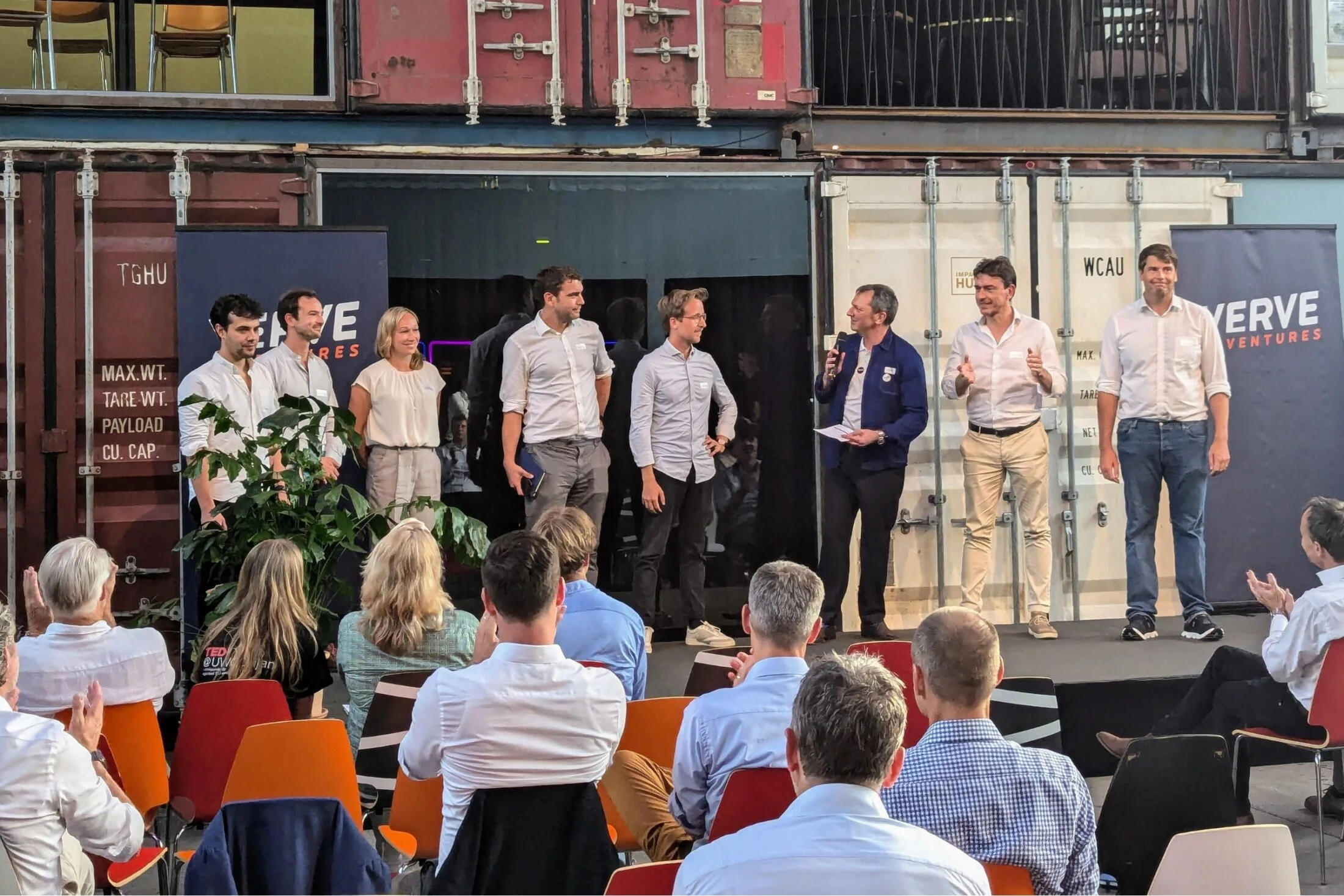
Our sophisticated investors include visionary family offices, leading wealth managers, institutions, founders, and senior executives. These individuals and organizations are all committed to shaping the next generation of innovation.
More News
“We think
in decades”
Stena (Switzerland) joins Constructive Venture Fund as the fifth founding partner. In this interview, Andy Boehm and Per Hellberg explain why one of Sweden’s largest owners of real estate invests in venture capital and how they can contribute more than just capital to a startup’s success.
We’re now called Verve Ventures
Europe’s leading digital startup investment platform formerly known as investiere is called Verve Ventures. Verve Ventures has become one of the most active venture capital firms in Europe.
“Collaboration is beneficial for all of us”
In this interview, Nicole Walker explains why she joined BEKB as Head of Innovation and why the cantonal bank joined Swiss Immo Lab to invest in startups.
